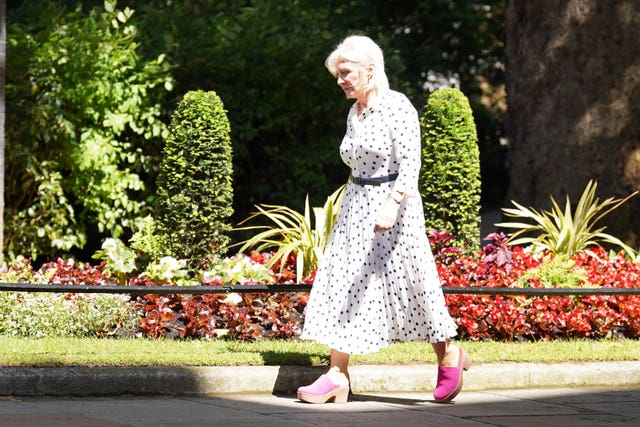
Ben Kentish 10pm - 1am
27 June 2022, 00:04

The Government is facing calls to ‘slim down’ its Online Safety Bill amid concerns over its impact on people’s freedoms and privacy.
New internet legislation will hand ministers “unprecedented” censorship powers, with significant implications for free speech, new research warns.
The Government is facing calls to “slim down” its Online Safety Bill, which is currently making its way through Parliament, amid concerns over its impact on people’s freedoms and privacy, as well as innovation.
The legislation is set to require platforms legally to protect users from harmful content for the first time, with penalties for breaching the new rules including fines that could run into billions of pounds for larger companies.
Culture Secretary Nadine Dorries has said it will make the UK “the safest place in the world for our children to go online”.
But former ministers have claimed the Bill “panders to the view of the perennially offended”, and could end up “one of the most significant accidental infringements on free speech in modern times”.
A new briefing paper from the Institute of Economic Affairs (IEA) think tank warns that through the establishment of safety duties, the Bill risks digital platforms using automated tools in a “cautious and censorious” manner against content that is “only reasonably considered to be illegal”.
It says the legislation will hand the Secretary of State and Ofcom “unprecedented powers to define and limit speech, with limited parliamentary or judicial oversight”.

Privacy risks will also be raised by a requirement to prevent people encountering illegal or unsuitable material, for example by the general monitoring of user content or use of age verification processes, it claims.
And the think tank alleges the legislation will impose “Byzantine requirements” on thousands of companies, hampering innovation.
Two former Cabinet ministers issued comments voicing their concerns about the Bill, including Lord Frost, who said the best thing the Government could do would be to slim it down.
This would allow it to “proceed rapidly with the genuinely uncontroversial aspects, and consign the rest where it belongs – the waste paper basket,” he said.
He warned the Bill “panders to the view of the perennially offended – those who think the Government should protect them from ever encountering anything they disagree with,” adding that the Tories “should not be putting this view into law”.
David Davis, who was Brexit Secretary from 2016 to 2018, added: “While the Government no doubt has good intentions, in its current form the Bill could end up being one of the most significant accidental infringements on free speech in modern times.”
The Department for Digital, Culture, Media and Sport has been approached for comment.